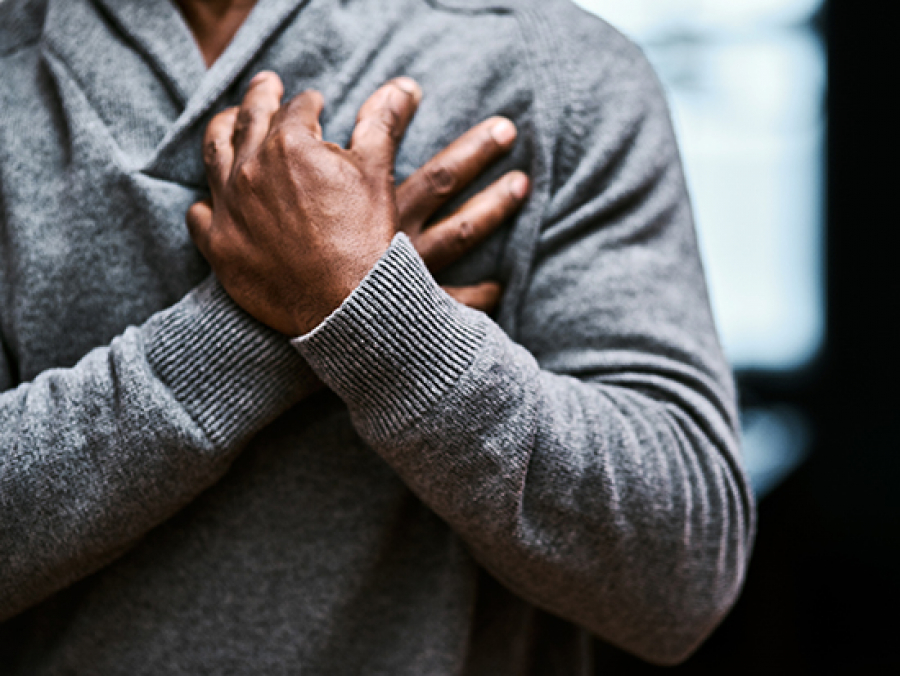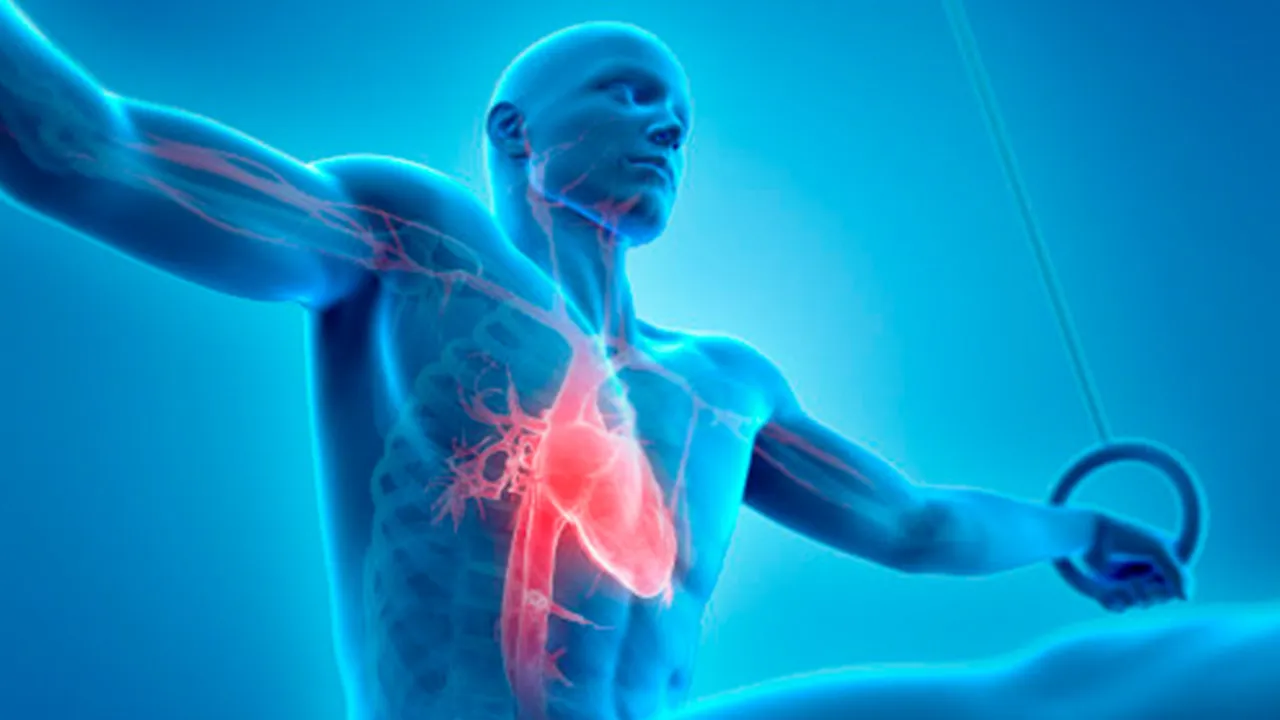
They include: Lungs that are blocked or can’t expand the way they should (atelectasis) Pus in your pleural cavity (empyema) Does pleurisy come on suddenly? Is pleurisy a serious condition?Ĭomplications of pleurisy can be serious. In rarer cases, pleurisy can be caused by conditions such as a blood clot blocking the flow of blood into the lungs (pulmonary embolism) or lung cancer. What causes pleurisy? Most cases are the result of a viral infection (such as the flu) or a bacterial infection (such as pneumonia). an unusual muscle twitch or spasm in your chest. How does anxiety chest pain feel?Īnxiety chest pain can be described as: sharp, shooting pain. In meditation, a commonly taught practice is inhaling slowly and exhaling slowly. As hyper-ventilation can cause chest tightness and anxiety, slow your breathing down. How do I get rid of tightness in my chest?ĥ Tips to Reduce Chest Tightness Slow Your Breathing. If the pain or pressure in the chest is severe and breathing becomes difficult, a person should seek emergency medical treatment, as these symptoms could indicate a heart attack. When to see a doctor A person should always consult a doctor in any case of unexplained rib cage pain. When should I be concerned about rib pain? These images can show if it’s pleurisy that’s causing your pain. If your doctor wants to rule out other problems besides pleurisy, they may send you for an X-ray, a CT scan, or even an ultrasound. A fever may be present if there is any infection or inflammation. Even if you have already been diagnosed with pleurisy, call your doctor right away for even a low grade fever. Get emergency medical help for any chest pain or difficulty breathing. Shortness of breath - because you are trying to minimize breathing in and out. Signs and symptoms of pleurisy might include: Chest pain that worsens when you breathe, cough or sneeze. How do you know if chest pain is muscular?Ĭlassic symptoms of strain in the chest muscle include: pain, which may be sharp (an acute pull) or dull (a chronic strain) swelling. This can take up to two weeks in most cases. Pain medication and rest can help relieve symptoms of pleurisy while the lining of your lungs heals. Pleurisy that’s caused by bronchitis or another viral infection can resolve on its own, without treatment. You might be interested: FAQ: Pain in ribs when breathing? Can pleurisy go away on its own? Other symptoms of pneumonia include fever, chills, and coughing up phlegm. Lung infections such as pneumonia can cause sharp or stabbing chest pain.

It can result in sharp chest pain when breathing deeply. Pleurisy is inflammation of the membrane that covers the lungs. Is it bad if my chest hurts when I breathe? pleurisy, an inflammation of the lining of the lungs or chest cavity often due to infection. tuberculosis, a serious bacterial lung infection. Some illnesses that can cause painful breathing include: pneumonia, a lung infection caused by a virus, fungus, or bacteria. The most common causes of pleuritic chest pain are bacterial or viral infections, pulmonary embolism, and pneumothorax. You likely feel a sharp pain when you breathe, cough, or sneeze. Also known as pleurisy, this is an inflammation or irritation of the lining of the lungs and chest.

The pain may stay in one place, or it may spread to the shoulder or back. It feels worse with deep breathing, coughing, sneezing, or laughing.


 0 kommentar(er)
0 kommentar(er)
